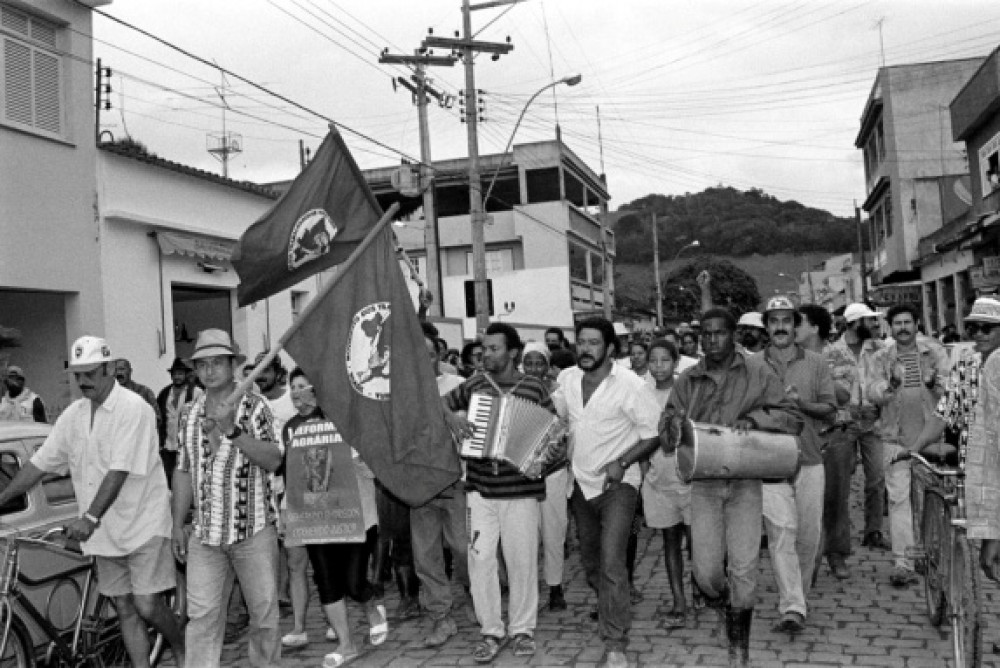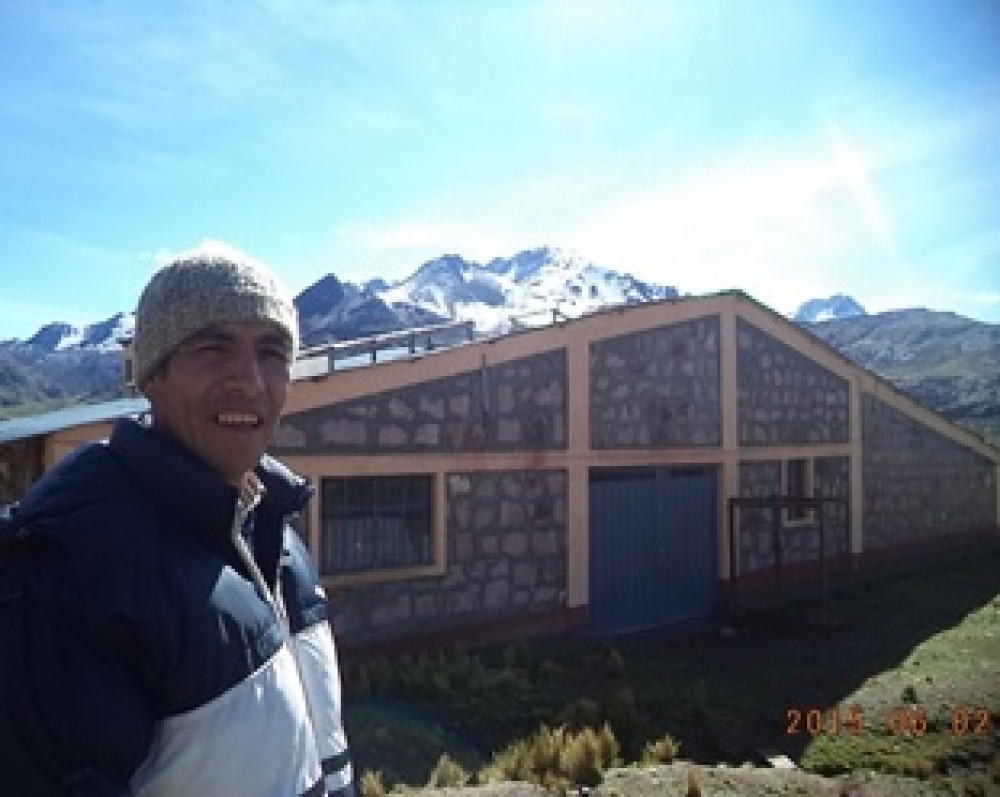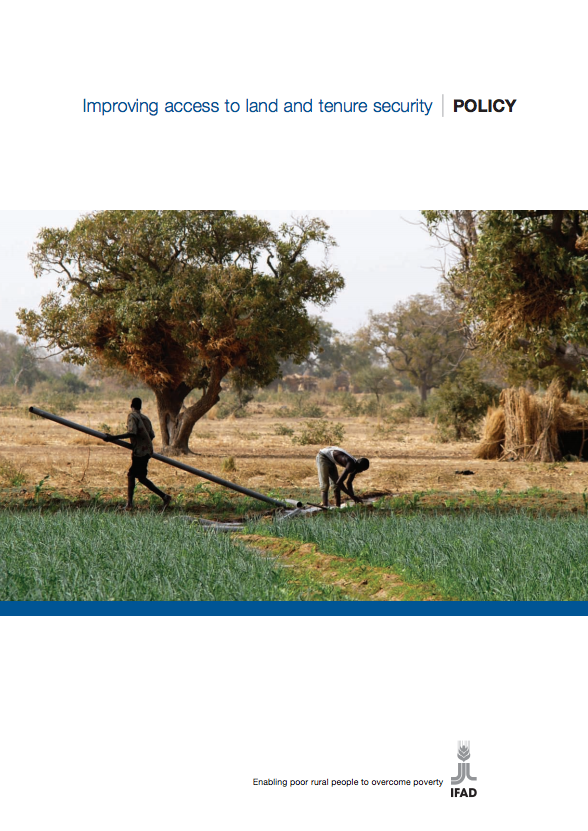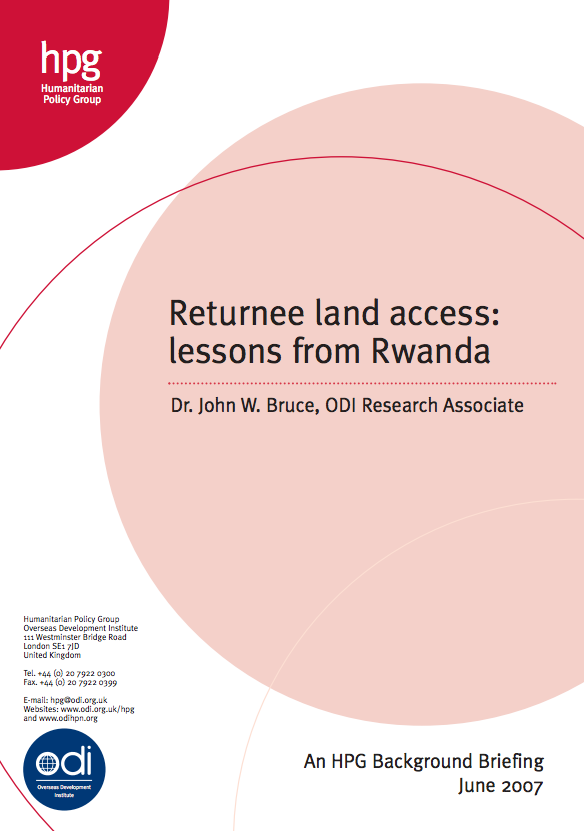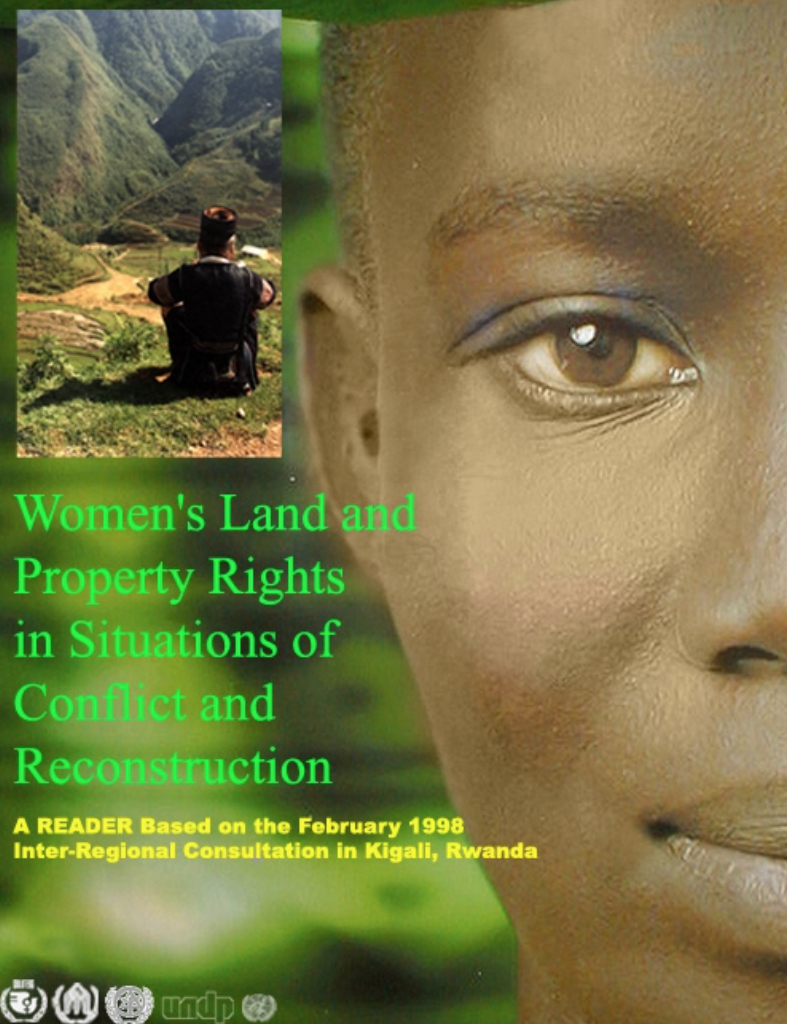A luta pela terra/territorio no Norte do Estado do Rio de Janeiro: a formação dos assentamentos rurais de reforma agrária
Na década de 1990 as principais motivações para a emergência de novos conflitos agrários na região, agora não somente pela luta pelos direitos trabalhistas violados pelos patrões, mas antes de tudo, pela reforma agrária, pela democratização e acesso a terra das antigas usinas falidas. A região passa a ocupar um lugar de destaque no enfrentamento da questão agrária no estado.

